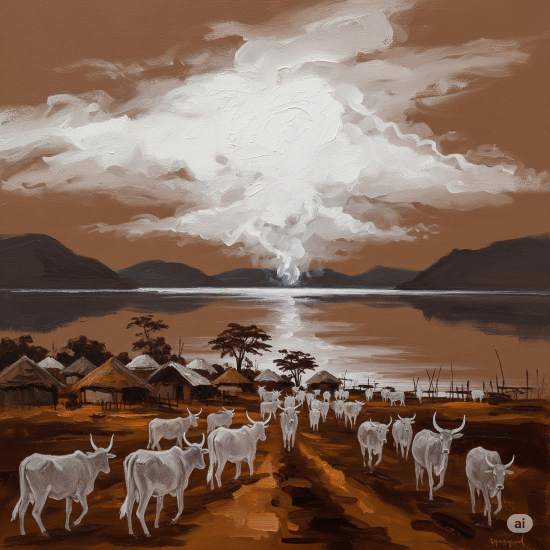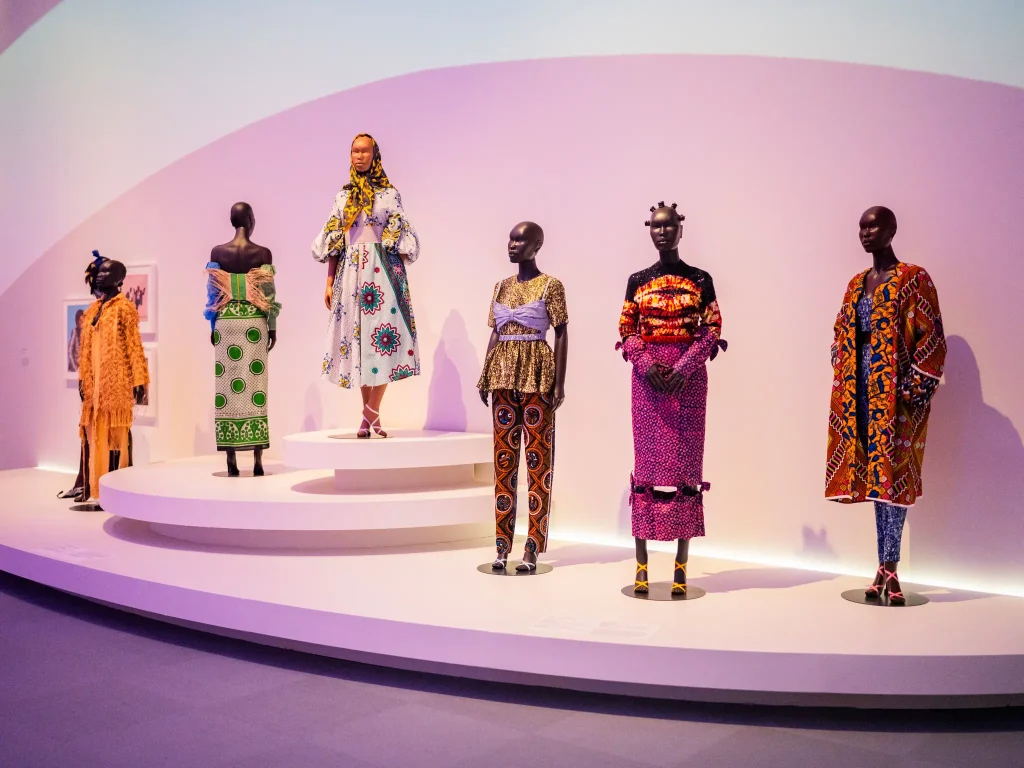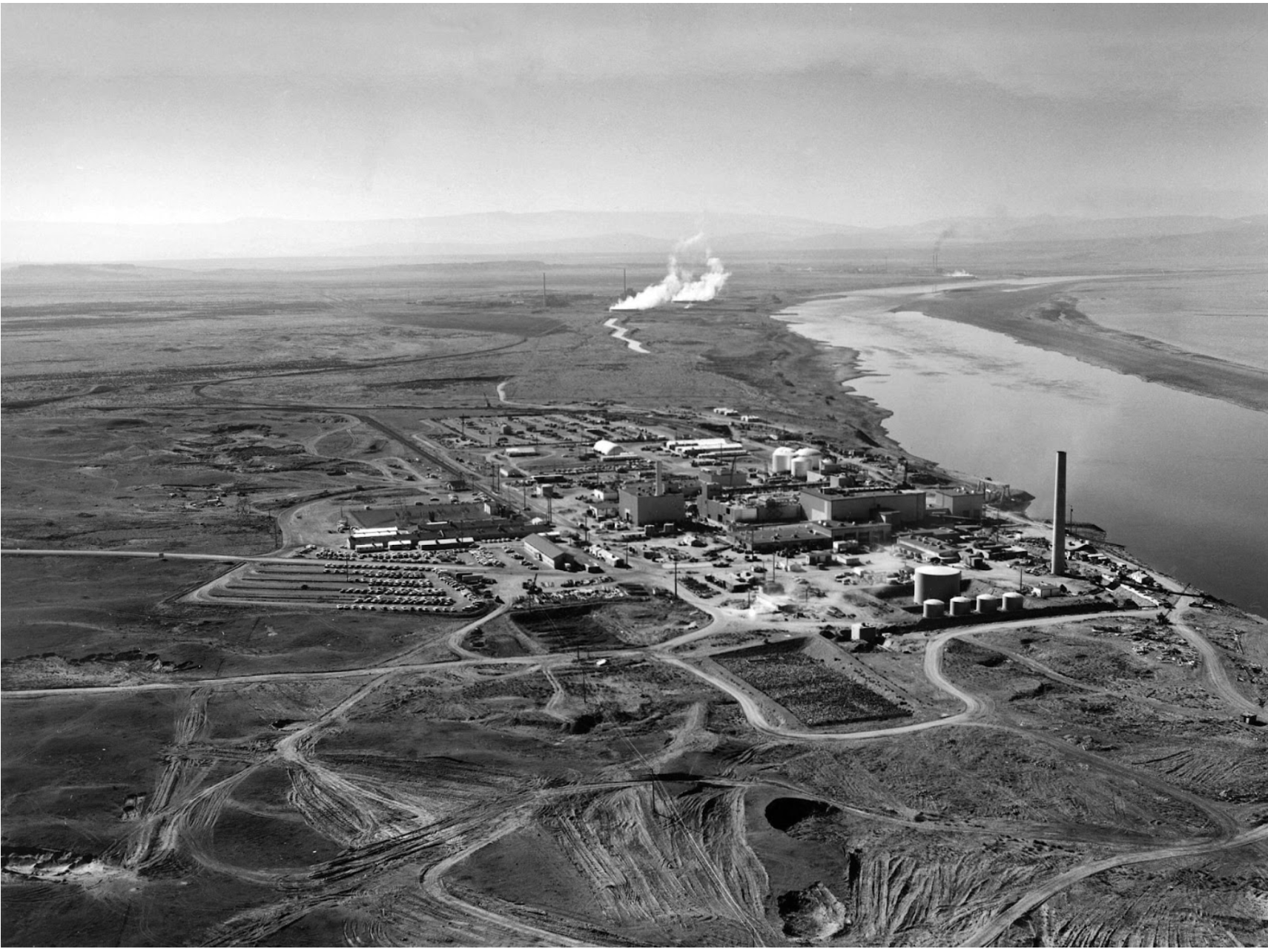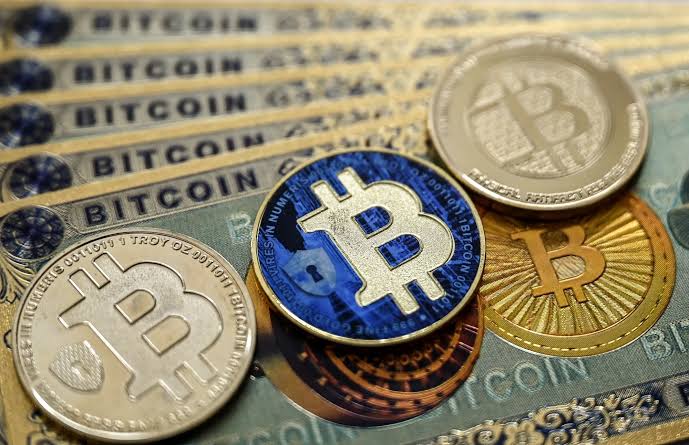US-China Trade Talks Progress
President Donald Trump announced progress in trade negotiations with China in Geneva, Switzerland. Despite not being a definitive breakthrough, Trump noted on Truth Social that "much was agreed to." He expressed optimism about achieving "a total reset negotiated in a friendly, but constructive, manner" with Chinese officials. Trump highlighted his eagerness for a deal to open China to American business, emphasizing benefits for both nations. The current US tariff on most Chinese goods is 145%, while China imposes a 125% tariff on the majority of US-made goods. Talks were scheduled to continue on Sunday, May 11, 2025.
Pakistan launched a military operation against India, targeting key military assets, including missile storage facilities and airfields in Udhampur, Adampur, and Pathankot. Additionally, Pakistan initiated a cyber offensive aimed at disrupting India’s government networks, energy infrastructure, telecommunications, and transportation systems.
High-level economic discussions between China and the US continued in Geneva, involving officials such as Chinese Vice Premier He Lifeng and US Treasury Secretary Scott Bessent. The focus was on potential shifts in trade relations and economic strategies, particularly tariff reductions. Trump suggested lowering tariffs from 145% to 80%, a move that could ease tensions. Stakeholders and economic experts are closely monitoring the potential impact of these adjustments on global trade volumes and market stability. Tariff changes could trigger market movements, influencing international trading behavior.
The US-China trade relationship, exceeding $660 billion in 2024, plays a critical role in global commerce. Fluctuations in tariffs can significantly impact international markets. Financial analysts suggest that reducing tariffs could stabilize economic uncertainties and improve international relations. Experts propose that these talks may influence cryptocurrency markets by affecting bilateral trade agreements, which in turn impact currency exchange rates and commodity prices.
You may also like...
1986 Cameroonian Disaster : The Deadly Cloud that Killed Thousands Overnight

Like a thief in the night, a silent cloud rose from Lake Nyos in Cameroon, and stole nearly two thousand souls without a...
Beyond Fast Fashion: How Africa’s Designers Are Weaving a Sustainable and Culturally Rich Future for

Forget fast fashion. Discover how African designers are leading a global revolution, using traditional textiles & innov...
The Secret Congolese Mine That Shaped The Atomic Bomb

The Secret Congolese Mine That Shaped The Atomic Bomb.
TOURISM IS EXPLORING, NOT CELEBRATING, LOCAL CULTURE.

Tourism sells cultural connection, but too often delivers erasure, exploitation, and staged authenticity. From safari pa...
Crypto or Nothing: How African Youth Are Betting on Digital Coins to Escape Broken Systems

Amid inflation and broken systems, African youth are turning to crypto as survival, protest, and empowerment. Is it the ...
We Want Privacy, Yet We Overshare: The Social Media Dilemma

We claim to value privacy, yet we constantly overshare on social media for likes and validation. Learn about the contrad...
Is It Still Village People or Just Poor Planning?

In many African societies, failure is often blamed on “village people” and spiritual forces — but could poor planning, w...
The Digital Financial Panopticon: How Fintech's Convenience Is Hiding a Data Privacy Reckoning

Fintech promised convenience. But are we trading our financial privacy for it? Uncover how algorithms are watching and p...



